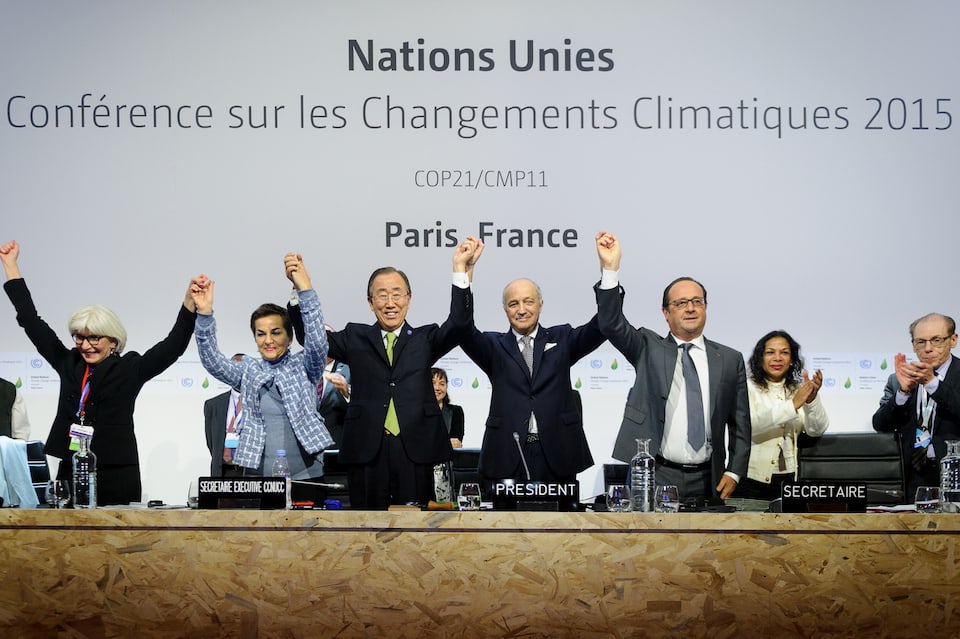[dropcap]S[/dropcap]tudents have a vested interest in the fight against climate change, not least because their age makes them among those mostly likely to be affected by it. Any actions that the current government postpones to a later date, creates an intergenerational transfer to the next group of taxpayers. There is little doubt that climate change is occurring, and few oppose the efforts to fight it, yet many do not care much about the fight either.
I believe this disparity is a result of the vagueness around the costs and benefits that our government’s actions will bring. For example, elements of the recent COP21 Paris Agreement are vague. The statements indicating that parties will pursue efforts to limit global temperature increase to “well below” 2°C, or that developed countries should help developing ones reach their decarbonization goals, hardly spell out definitive action that the signatory countries intend to make.
Without any mention of monetary costs or other sacrifices that will be required of us, we cannot evaluate the significance of the agreement on a personal level or feel involved in the fight. We then have no other answer to it than a hollow “Hurrah!” After all, what else can be said of a plan that contains lofty goals and nothing else?
Some will undoubtedly retort that the international nature of the Paris Agreement necessarily limits its scope. But provincial-level plans like the Ontario Climate Change Strategy published last year suffer, too, from politicians’ unwillingness to flesh out the full costs of their plans. For example, the only economic cost of the cap and trade system Ontario will introduce is supposedly an increase of two to four cents per liter at the pump; emissions from our buildings, the source of 24 per cent of our total emissions, can simply be reduced through updated building codes and better city planning, presumably at no cost; emissions from transportation, source of 35 per cent of our total emissions, can be reduced by ensuring access to electric vehicle charging stations.
While I do not know the efficiency of these measures, they certainly give the impression that climate change can be solved at next to no cost. No wonder many students feel apathetic and pay only lip service to the cause. Judging from our governments’ action plans, lip service seems all that is needed of us anyway.
In a way, this is just politics as usual. When politicians announce new measures to fight climate change, they do not want us to think about any associated cost. They merely wish to appear progressive, and perhaps remind us of all the jobs these measures will create. This is a mistake. We will likely support climate change measures even when stronger ones are taken, and the costs are more clearly spelled out. Not doing so only leads to our disengagement from the process. After all, it’s not much of a fight if we can win it for free.
Li Pan is a fourth-year student at Trinity College studying math and economics.


